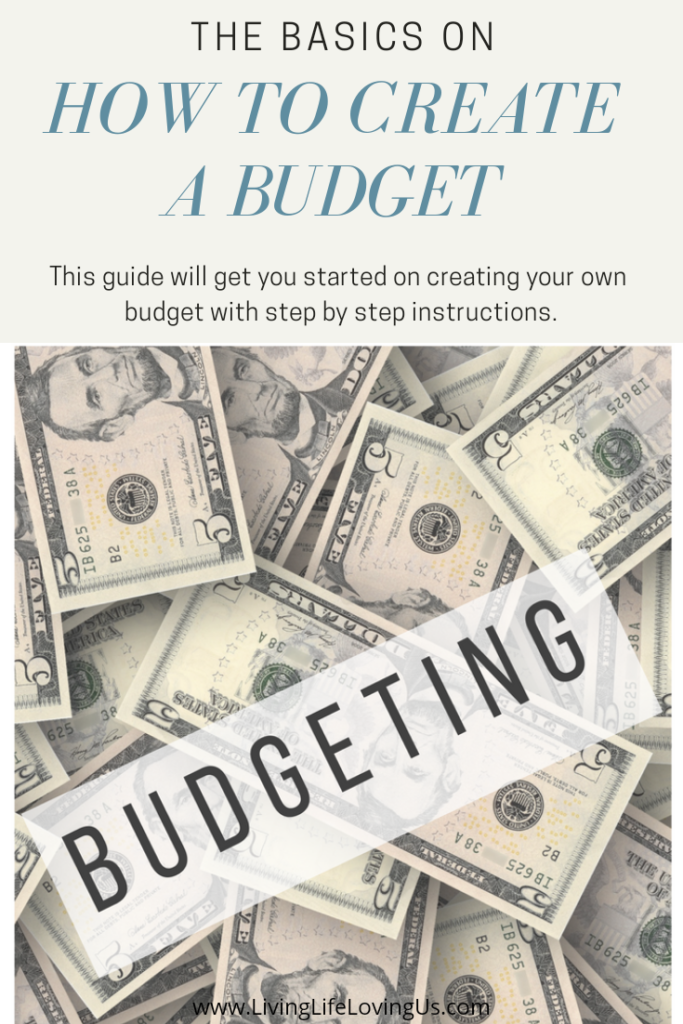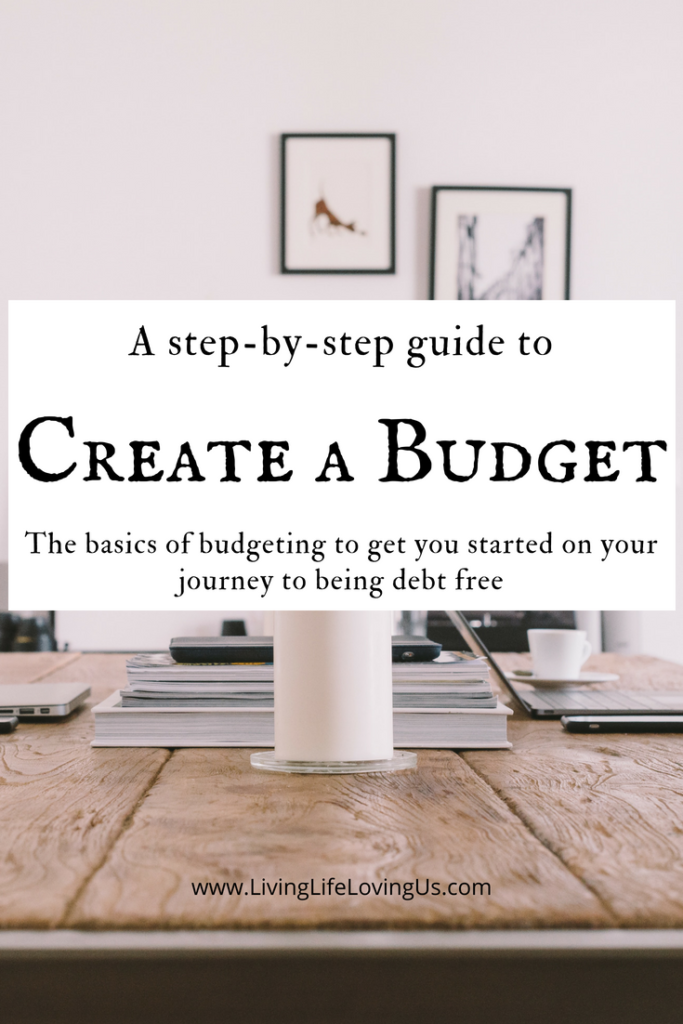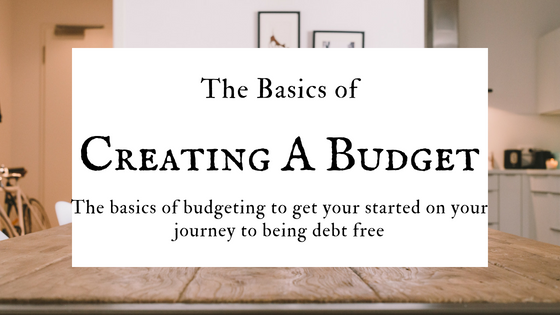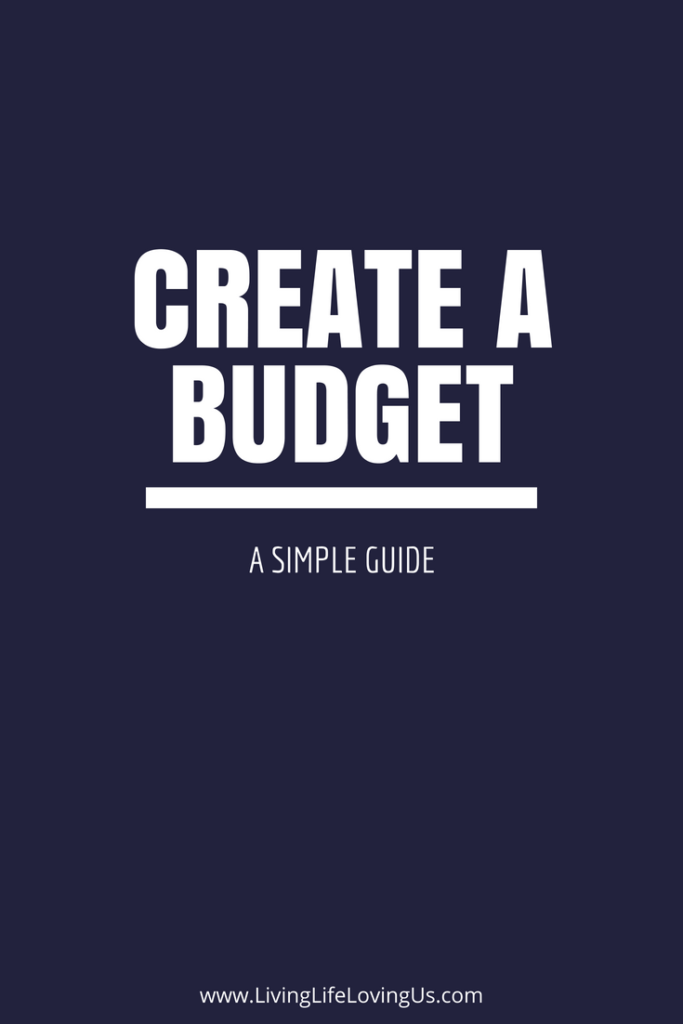Tips for creating your initial budget:
For most of my posts I will be discussing things as if you’re a couple. If you are single these tips will most certainly still work for you. In fact, it may be even easier since you won’t have to split the decision-making process with someone.
So you’ve decided to do a budget. This is the biggest factor in making your budget a success. Budgeting is a commitment and all parties involved have to be on board to make it work. Hard to keep up when your spouse is working against you, or you’re working against yourself.
Budgeting may not be for you or you may just not be ready right now. It’s ok. However, most Americans do not have enough set aside to even cover a few weeks of expenses and a majority of Americans have a negative net worth (how to calculate your net worth). So if you are ready to make a change or just tired of being stressed over money then say “I’m ready” and keep reading.

- Lay out your money. This section has a few portions. First of all, you need to know your monthly income. I always suggest you use your lowest expected income as a basis. That will allow for a bit of wiggle room. You need to know your income first because that is all the money you have to work with for the month. You simply can’t spend more than you make – period. If your expenses are greater than your income then you have one of two options. Either you cut your expenses or increase your income. Rarely, not having enough income is the problem, but more frequently it is just that we are trying to live outside of our means.
- Second, know your debt. Dig in to the skeletons of those student loans, old credit cards, money you borrowed for that couch you’re sitting on, car loans, EVERYTHING. You need to know exactly what you owe in order to make this work. From there take a look at minimum payments and write those down. This is the bare minimum you can get away with and the hard numbers you’ll need to track in your budget. You’re going to want to attack debt from smallest to largest by throwing any and all extra money you have towards paying that sucker off. This allows you to see the progress and feel accomplished along the way.
- Know your monthly expenses. This can get a little tricky. You already have your minimum payments for your debt lined up. Great! Now, you need to take a look at what you’re spending. We looked at every expense for the previous 3 months. At the time we had quite a few credit cards going at once so it took a bit to categorize everything: groceries, restaurants, gas, utilities, mortgage, car payments, memberships, medical bills and other miscellaneous spending. This may sound like a lot, but it’s the foundation for your entire process. You need to know what you are spending in order to plan a budget. For example: we noticed we were spending between $700 and up to $900 per month on groceries alone. There were only 2 of us at the time! We do like to eat well, but that was ridiculous. So we settled on $600 as a start for our budget. These days even with 3 of us and a pup we can easily stay under that number (yes, that includes all baby related foods. Darn Puffs are so expensive!).
Prioritize your categories with food & shelter taking precedence, followed by “must pay” bills and finally the extras. Until you pay off your debts there will be nothing extra at the end of the month.
- Estimate your income low and your expenses high. By doing this you set yourself up for success. It is much nicer to try to figure out what to do with the “extra” money at the end of the month than it is to try to figure out how to pay for something you don’t have the money for. This is my biggest tip. Jimmy and I do this in every aspect of our financial lives because life happens. You will have extra expenses pop up and allowing your budget to have a little cushion takes a huge stress off of you. And whatever money is left over from your wise budgeting can be thrown at your debt.
- Adjust line items as necessary. Have large debts that you need to chip away at? Maybe your grocery bill will have to be lower. Know you have a big expense this month – i.e. car tires, medical procedure? Decrease the restaurant budget. This is a little redundant to the previous line item, but I feel it needs to be a focus as well. You’re going to have to adjust your budget items. If you’re in debt it means that you’ve previously spent more than you made in any given month. Creating a budget puts a stop to that but requires you to makes some tiny sacrifices in non-essential line items.
Let’s say you’ve gotten your nails done every 2 weeks, your toes done every 3-4 weeks, and your hair done every 6-8 weeks. Come on girls, you know that’s not unrealistic. But you’re going to have to adjust that if you want to get out of debt. Maybe you alternate toes and nails, find a hair style and color you can stretch or do these things at home. It seems like a huge sacrifice, but is it really? As long as you’re in debt any money you spend is borrowed money. The trick is to focus on the progress you’re making and not the wants that you are postponing. Once you get that credit card paid off and that car loan gone then feel free to do with that money what you please.
- Once your income and expenses equate to zero – or pretty gosh darn close to – you’re done! Ok, actually you’re just getting started. But the hardest part is not sticking to the budget necessarily but logging every dollar spent. It’s so important hence the name of the app.
- Plan ahead. Sit down together and go over the planned budget for the next month. It is important to have a plan and stay a step ahead of your expected expenses. Set yourself up for success and keep at it. You’ve looked at your hard numbers, adjusted the budget to fit those hard numbers, and now you’re tracking your spending. Remember that adjustments can be made and you will learn as you go, but having a solid foundation for your budget is key. It takes about 3 months to figure out your balance and make budgeting second nature. Next thing you know you’ll be wondering what to do with your extra money. Not a bad problem to have is it?
So now you have the basics to build a budget of your own. Dig out that financial info and get started. The most important thing I need to emphasize again is to stick with it. There will be many people along your journey telling you you will always have a car payment, everyone has student loans, or you’ll always have a credit card payment. That is the case for the majority of Americans but you are not the majority. You’re ready to get rid of a huge source of stress in your life and be the minority of people who have financial freedom. Remember change doesn’t happen without persistence!
Check out some other helpful tips on budgeting:
- How We Paid Off $120,000 in Debt
- 5 Tips When You’re Just Starting Out
- Budgeting Isn’t As Hard As You Think
- Talking to Your Spouse About Money – The KEY to Budgeting
- 6 Bad Spending Habits to Break
- Financial Independence: the next step
Want more info on budgeting tips. Sign up to get all of the latest blog posts from LivingLifeLovingUs!



